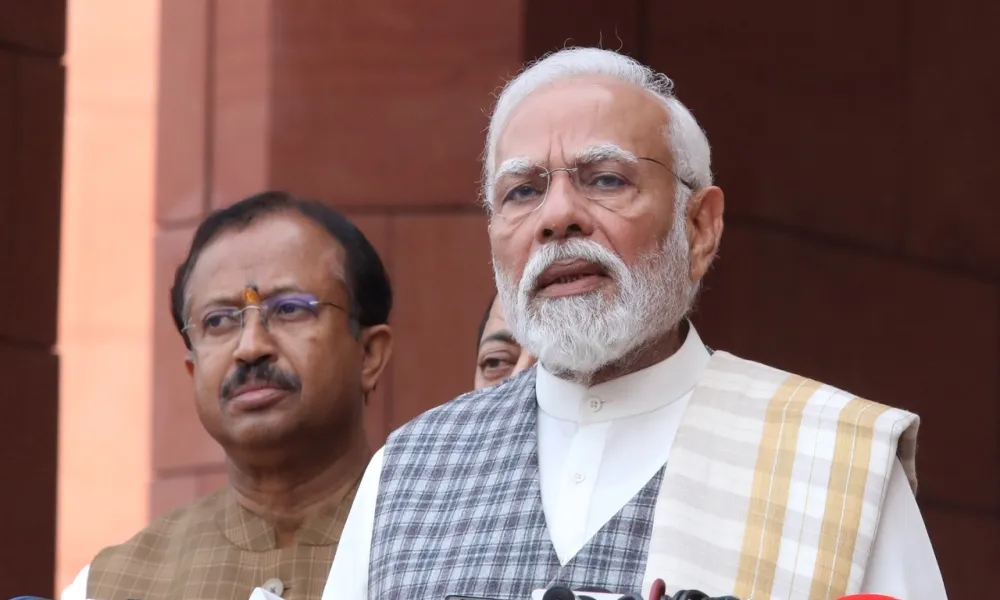Indian Prime Minister Narendra Modi begins a high-stakes overseas trip on Thursday to China, Japan and Russia, as New Delhi seeks to blunt the economic fallout from U.S. President Donald Trump’s escalating tariff offensive.
According to Reuters, the tour includes Modi’s first visit to China in seven years and a two-day summit of the Shanghai Cooperation Organisation, where he is expected to meet both Chinese President Xi Jinping and Russian President Vladimir Putin. The agenda reflects India’s push to diversify ties and secure new trade channels at a time of strained relations with Washington.
Japan is expected to be the centerpiece of the trip. Public broadcaster NHK reported that Japanese firms could invest up to 10 trillion yen ($68 billion) in India over the next decade, with Suzuki Motor pledging $8 billion in the next five to six years. Modi and Japanese Prime Minister Shigeru Ishiba are set to discuss cooperation on critical minerals and high-value manufacturing, a move closely tied to Modi’s flagship “Make in India” initiative.
Despite India’s tensions with Washington, the two leaders are also expected to reaffirm cooperation within the Quad security framework, which includes the United States and Australia and is designed to counter China’s influence in the Indo-Pacific.
The China leg of Modi’s trip will focus on easing years of friction. Reuters reports that India and China are exploring the resumption of direct flights, reopening of Himalayan border trade crossings, and the easing of restrictions on Chinese investment in India. In return, Beijing has agreed to lift curbs on exports of fertilisers, rare earths and other goods.
Analysts told Reuters the U.S. trade war may push India closer to Beijing if tariffs remain high. Some even warn New Delhi could tilt toward China’s Regional Comprehensive Economic Partnership trade pact, a scenario Washington has long sought to prevent.
Still, expectations for a breakthrough are limited. William Yang of the International Crisis Group noted that while China is willing to hold high-level talks, “it is unlikely to pursue a broader diplomatic breakthrough while existing differences remain.”
